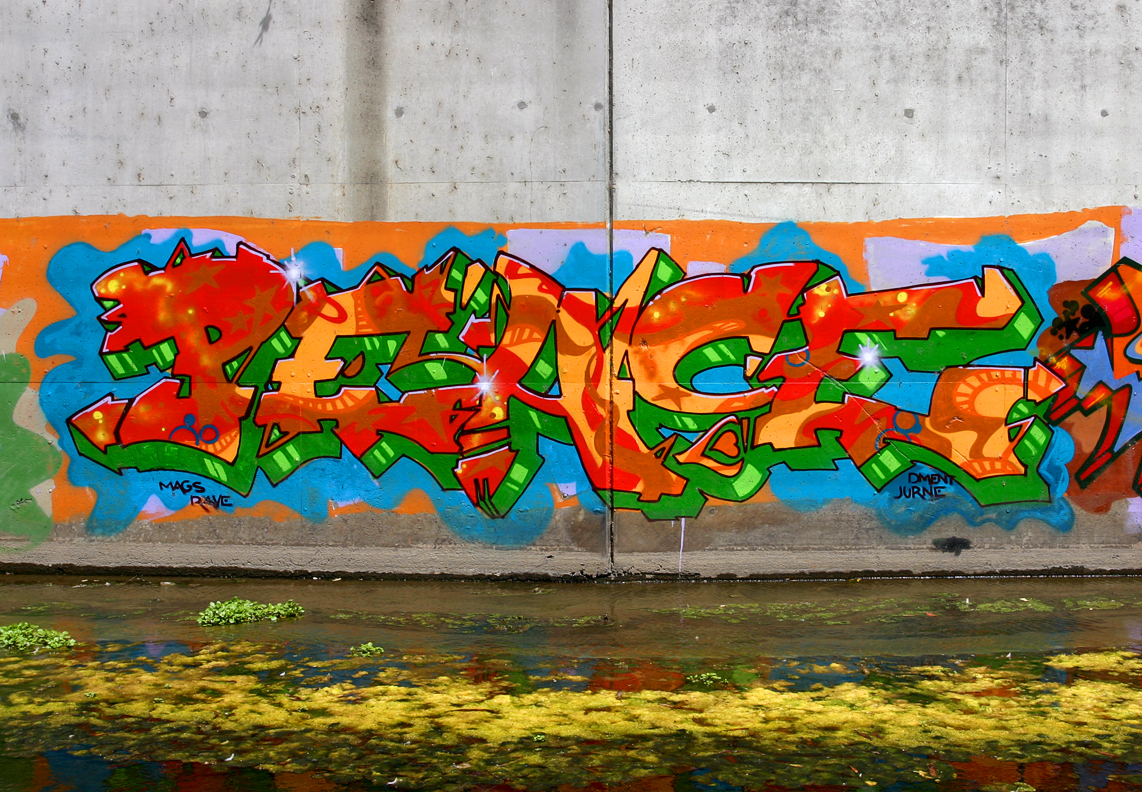Collaboration and technology are both key to successful peacebuilding. TechChange effectively incorporates both into the classes they offer. Their classes range from Introduction to Excel for Data Visualization to Mapping for Social Good and Basics of Digital Safety. Their learning platform, which all of their courses utilize, also encourages learning from other students by including live group discussions and chats with experts as part of their courses. Additionally, the average course features students from multiple countries around the world, ensuring that the discussions have a global perspective. For those who wish to share their expertise, TechChange also allows individuals to create their own course using their platform. Or, if the class you want is not among the twenty-four courses currently available, TechChange will accept suggestions for future courses. If you aren’t ready to commit to taking a course, their blog offers advice on peacebuilding, utilizing technology, and expanding peacebuilding efforts into global endeavors.
TechChange also recognizes the importance of monitoring professional growth and development. Students can choose to take multiple classes and work towards a diploma, which recognizes that they have taken several classes on using technology to understand and present data. Students working toward a diploma also get to attend workshops and TechChange’s annual conference to further enhance their skills.
To learn more about TechChange and everything they offer, visit their website.
Photo: Peace via Steve Rotman [Creative Commons Attribution-NonCommercial-NoDerivs]




